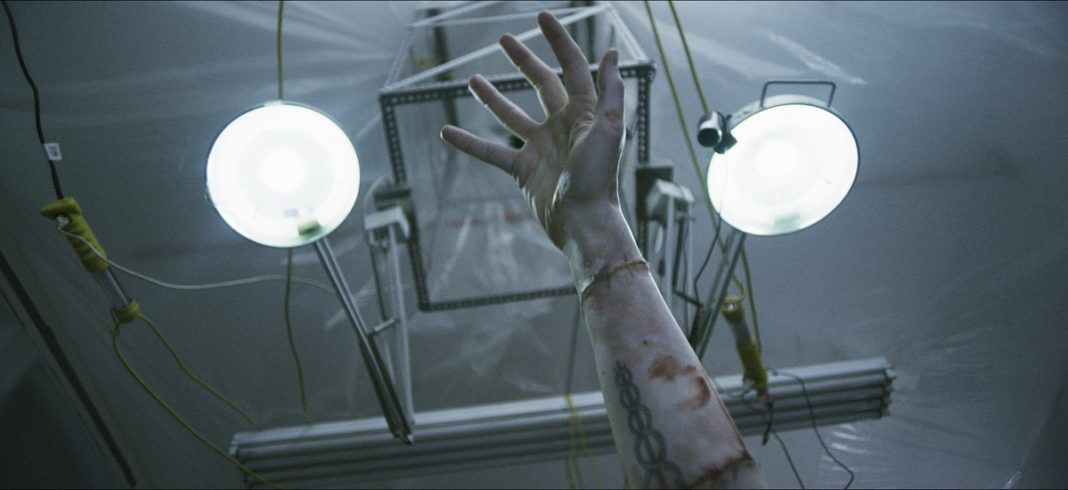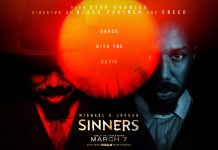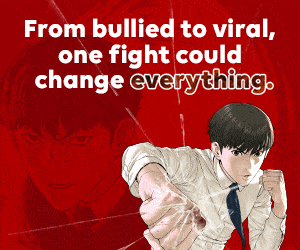It’s hard to believe that filmmaker Larry Fessenden has been going at it for over 30 years, but his production company Glass Eye Pix has continued the tradition of indie horror begun by Romero and Carpenter into writing, directing and producing some truly disturbing horror films. At the same time, he’s helped to produce and cultivate talent like Ti West, producing his films House of the Devil and The Innkeepers. Fessenden’s latest movie is called Depraved, and despite what that title might invoke, it’s actually his take on the Frankenstein mythos, transporting it into modern-day New York City.
The film opens with a young man being stabbed on the street after a romantic night with his girlfriend Lucy (Chloe Levine), but when he comes to, he is no longer recognizable, a medical experiment by a war medic named Henry (David Call) dubbed “Adam” (played by Alec Breux). As Adam tries to adapt to his new life, he encounters Henry’s girlfriend Liz (Ana Kayne) and Josh Leonard as Henry’s sleazy financier Polidoriu, who shows Adam the finer things in life like art, sex and drugs, but also brings Adam to the Met art museum where he reencounters Lucy and his memory returns.
Depraved is another distinctive take on a classic movie monster by Fessenden many decades after his film Habit, which was depicted what it might be like being a vampire in that era New York City. In the time since his last film Beneath, Fessenden has kept busy, mainly developing the Sony Playstation game, Until Dawn.
The Beat sat down with Larry way back in March when Depraved had its world premiere at the What the Fest?! Festival in New York City, but you can read that interview below the teaser:
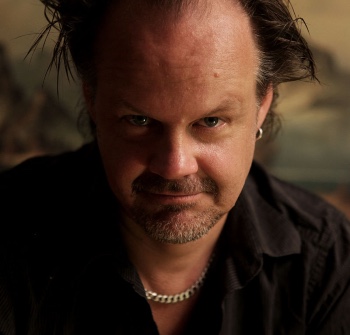
THE BEAT: It’s been a while, and I know you’ve been doing other things besides movies like producing other people’s movies including Jen Wexler’s The Ranger and your son Jack’s movie Stray Bullets. I get the impression that Depraved is something you’ve wanted to do for a while, because you’ve been a Frankenstein fan for so long. So how did that love for Frankenstein turn into a decision to do your own take on it?
Larry Fessenden: Well, you know, it’s funny, I’m actually a child of act of history, because in the ‘60s, Universal sold its catalog to TV, and I was just one of those kids that loved the black and white horror movies, all of them, but all the Frankenstein movies, sand I just loved that character. And then I bought the models and I bought Famous Monsters of Filmland. So I’m really a product of my time. As time went on, I made my vampire film called Habit, and it’s sort of a revisionist view in which I tried to bring reality into these old horror tropes that I loved.
Of course, the golden nugget was always going to be Frankenstein and re-imagining it in an everyday setting like New York. From there, I imagined the monster and his loneliness and sort of all the things that are in the story, and then I kind of wondered about what kind of person, Henry or Victor — the irony is I make the joke in the movie. “Henry or Victor, like why did they change the name to Henry in the movies?” It’s so weird, but in any case, all of that was just in my brain. I wrote the script in the early 2000s and then tried to raise the money and had very little success. A lot of people seemed to be interested, but I think they were afraid of the cliché, the rehash of making a Frankenstein movie. I think that discouraged people from supporting me out in Hollywood, and so I ended up going it alone.
THE BEAT: Of course, they made the Victor Frankenstein movie, which probably cost 20 to 40 times as much as your movie or more, and it completely bombed.
Fessenden: Well, excuse me, the monster’s in it for two and a half minutes. He’s not very interesting, and I know they thought it was interesting to talk about Igor, but it actually wasn’t. I’m sorry. That movie’s very annoying. This is the level of where I started, because I wanted [James] McAvoy for my doctor. Can you imagine? In other words, when I first made the script, I really thought it had the potential to be a big movie, but the reality is Hollywood doesn’t think the way I do. That’s something I’ve learned. (laughs)
THE BEAT: There was indie horror movies before you like George Romero, and nowadays, Blumhouse is making these really inexpensive movies that are being released by studios and making tons of money. I don’t know how they make the movies look that good for that cheap, but hey…
Fessenden: Well, you can do it with a good crew and if you pay everybody very little, and you know the whole Blumhouse thing is all set in one house, which is fine. Look, I have no beef with that. He’s made horror very popular and some of the movies are good, but you’ll have to go through the minefield to find a good one.
THE BEAT: Let’s talk about the monster in Depraved, because when people went to see the original Frankenstein, the make-up for the time was quite ground-breaking, and though it was very early FX make-up, you watch it now and realize that Boris Karloff’s performance is absolutely amazing. With that in mind, how did you find Alex to play Adam?
Fessenden: Believe it or not, he was in a play just down the street here. It was called The Red Speedo, and I saw pictures in the New York Times. He was profiled, and he had a great physicality, and I was just sort of curious if maybe he would audition for me. I had a great audition before I even had the money, and I met a lot of great stage actors. I liked the idea of an unknown. Of course, that was what Karloff was.
With Alex, I specifically said, can I get the guy from Red Speedo to audition? He was ironically so right, and it took me like a year to get the dough after that, and he stuck with it. It was a really great collaboration, and it took over time and I gave him the book and I gave him the movies. He’s not really a horror guy, so it was fun to sort of bring him in. It was part of my agenda always to do horror with non-horror people, because I think you can get new insight. I’ve done that with some of the directors. I’ve said, let me have you do a horror movie, and it’s just fun because they come at it from a fresh perspective.
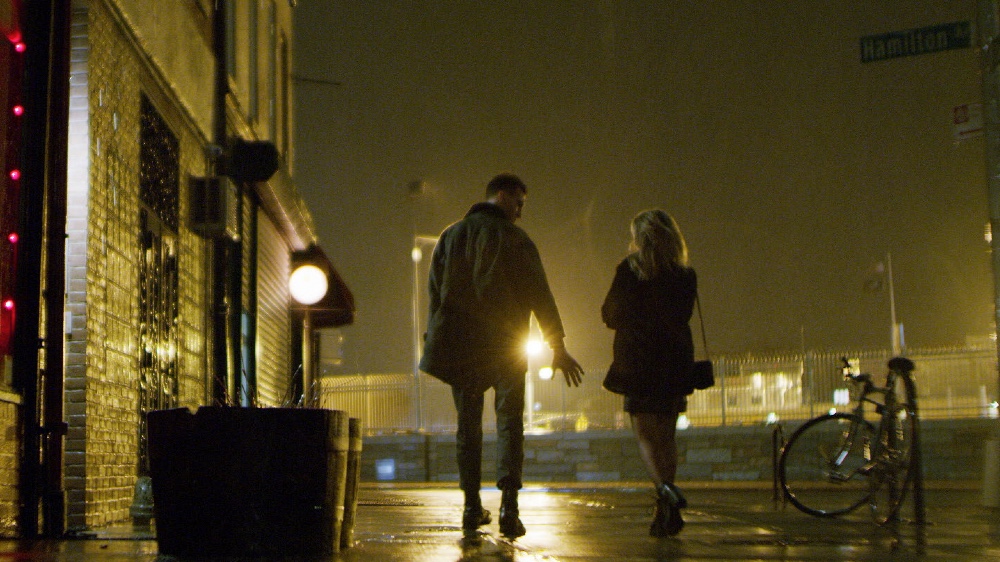
THE BEAT: I feel like a lot of the cast are fairly unfamiliar or maybe I just don’t know them, but how did you put this cast together? Especially finding actors to play Henry and Liz, since a lot of the movie is a character drama rather than a horror movie where you need to have really strong actors.
Fessenden: Yeah, exactly. Well, there’s just a lot of great actors out there that are working actors. They’ll show up on TV, they’ll do a couple of indie movies, or they’re maybe trying to direct and write themselves. These are the kinds of people that I was able to audition and meet, and you realize it’s really fun. Once you accept that you’re making a movie outside of the Hollywood system, you can work with actual TALENT as opposed to trying to get the name recognition, and then you can build a team of people. That’s the way the crew was, too. There are people who’ve worked on my low budget movies, and then you get a real sense of community and you’re all making the same movie, and it’s fantastic. Of course, Josh Leonard is legendary. He was in Blair Witch and he’s done another film with me, so you have that as well. It’s just nice to, once you abandon the idea of the celebrity names, then you just roll up your sleeves and you do the work and there’s a lot of talented people out there.
THE BEAT: I feel like Josh is kind of a no-brainer because he’s great, and he keeps going back to do these lower budget indie movies, even in the case of Steven Soderbergh’s Unsane, which he was amazing in, too.
Fessenden: Oh, he’s such a great talent, and again, he’s a director — he’s such a collaborator when you work with him. I really liked something he would do on the set [which] is to say, “Let’s do it three times in a row.” In other words, he sort of brought his own energy to the set when he was working with us. So that’s what you look for. As long as you have control, then you really want to give everyone else as much weight as possible.

THE BEAT: When you’re writing a script like this, do you spend a lot of time studying biology and anatomy, and stuff like that so it sounds realistic when the characters are talking about medical things?
Fessenden: Yes, and I showed it to a doctor friend of mine who’s also a writer and I said, “Are the pills right?” All the medicine that we reference is exactly what you would do if you did such an experiment. The main agenda is to suppress the immune system, so that there’s no rejection of the new organs, so there’s a lot of mention of that. But anyway, that was researched. I researched triage in the war, and there was this one book I read called On Call in Hell, in which this guy actually figured out you could make mobile triage. I researched the medicine, I researched the triage and PTSD. You always want to bring some realism, and that was of course part of the agenda, to bring some realism to this wonderful story and sort of make it feel like… I always use the expression, “What would it really be like if you make a vampire movie? What would it really be like to meet a vampire? You wouldn’t believe it. But what would happen?” Same with the Frankenstein story. How would that really happen?
THE BEAT: I also liked the location. I guess you just found a warehouse in Gowanus (Brooklyn) and dressed it up, but you also filmed at the Met. When I first saw that, I thought, “Is Larry going to actually shoot inside there or steal the shot?” but you actually have your characters in the Met wandering around, so how did you manage that?
Fessenden: We just had a very small camera and we went around, and I had all the paintings figured out. They were all part of the story, so I was sure to map it out, and we were very quick and efficient and we didn’t cause any disturbance. You’re allowed to take stills in the Met, so we had a little still camera that took video, and a lot of the dialogue is re-recorded after the fact. We just made as little an impact as possible by planning ahead.
THE BEAT: I also wondered about calling the movie “Depraved.” Obviously, Josh has that great line about it, but that becomes the title for the whole movie, so how did you come upon that?
Fessenden: Well, it is funny, because in a way it doesn’t deliver. The word “depraved” is so strong, and the movie is quite subtle or just not as visceral. Maybe you’re going to picture body parts…
THE BEAT: Exactly. That’s what I pictured.
Fessenden: I know, I know, and there’s a little disappointment there, but at the same time I’m trying to show that the way we interact with each other and the subtle abuses of the capitalist system, and the ambition, and the way we treat each other is actually a kind of depravity. There’s a real responsibility we have in the world to each other, and do we measure up to that? He, after all makes this monster and then he realizes, “I don’t really want to deal with this anymore.” I think sometimes, it’s like Ti West made the movie “House of the Devil,” and we were all joking, “Well it’s mostly about a girl wandering around a house alone.” But he said, “But if we call it a ‘House of the Devil,’ they’ll come and maybe they’ll have a good time.” So I call it “Depraved” and you know it’s a Frankenstein story, and then you get into a drama, and hopefully you get other insights… so you trick the audience. (laughs)
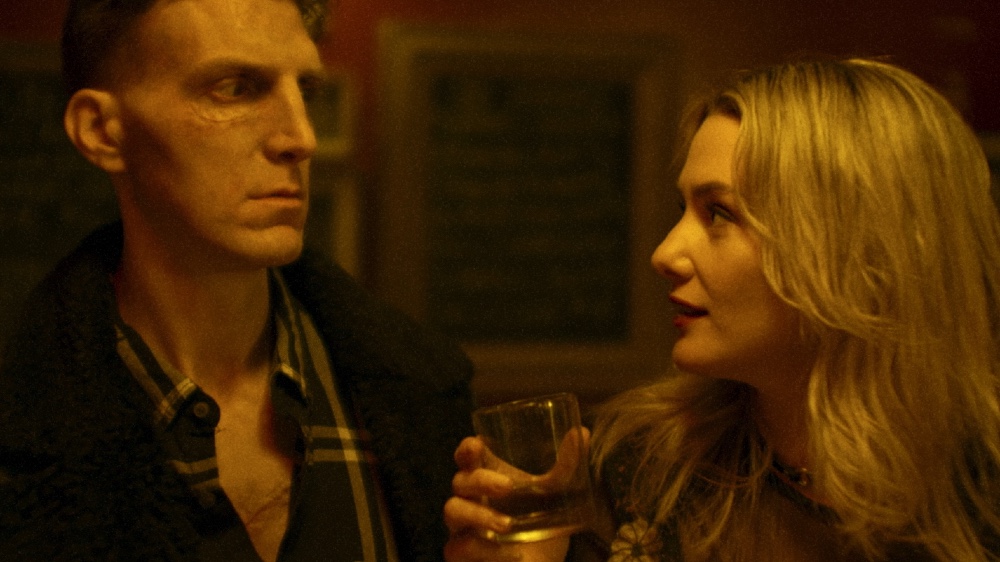
THE BEAT: I do like that ideology, because I really feel like the title of a movie can make or break it. Even with a studio movie. If you try to be artsy with a big wide release you’re going to hit dooms. People have to go to the theater and see it on the marquee… “DEPRAVED!” and then they have to be in the mood to see a movie called “Depraved.”
Fessenden: Then, what I like is that you have to figure out “Well, what is depraved about this?” and it sort of makes you lean in and think about every moment with that framing. I agree — a title is important. I named my movie “Habit,” and that’s a very small word. It’s just something you think of as something you do on the side. It’s not called like… “Addiction,” which was another vampire movie. But my point is “habit” because it’s just a little thing, that you don’t really think is gonna be your undoing, but then it is. It makes you lean in and think a little bit about the title versus what you’re watching. I think that’s fun.
THE BEAT: Has that been 30 years since “Habit” or more than that?
Fessenden: That’s funny. I hadn’t thought about having an anniversary.
THE BEAT: Oh, I guess it’s going to be 25 years next year.
Fessenden: You’re better at math than me.
THE BEAT: You didn’t anything for its 20th anniversary a few years back, did you?
Fessenden: I forgot to. Well, we’ll see. There’s always the next anniversary. I did 30th of Glass Eye Pix. I always find if you use the umbrella of Glass Eye, you get to celebrate more movies than if it’s just my own stuff.
THE BEAT: Right, because you started that in 1985, right?
Fessenden: Yeah.
THE BEAT: How has that been going, balancing between producing and writing/directing your own movies. Is doing the video game stuff what made it take a long time to get this one done?
Fessenden: I mean, I was always trying to do it, but you’re right, I have a couple of scripts and I always think, “Did I even try to get that made?” Because I love the script and I’m bitter that I didn’t make it, but then I’m like, “But then again maybe I didn’t try hard enough.” It is distracting when you have a lot of different agendas. We wrote the video game, and that release was a payday, so that was fun. I love working with Graham Reznick, but then you produce these movies and you really have to roll up your sleeves and get invested in the other artist’s journey, and it does take time. I’m gonna to try to make some movies now, ‘cause I’ve been doing this other thing too much, and we’ll see what happens.
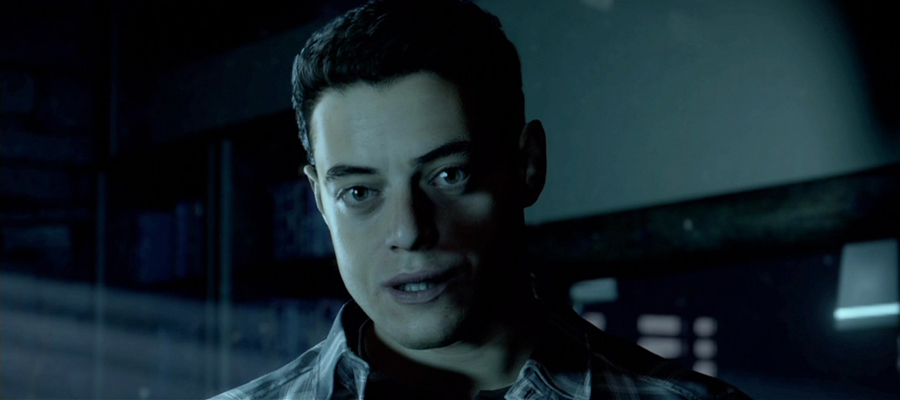
THE BEAT: When I was researching this, I had been wondering what you had been doing since we last spoke for one of your movies. I saw the video game Until Dawn, and it looked cool, but I probably missed it since it was Playstation only, and I’m an Xbox guy. Maybe that new Spider-Man game will convince me to switch platforms.
Fessenden: Well, let’s hope Spider-Man does that for you because honestly, Until Dawn is fantastic. it’s really like being in a horror movie, because it’s also very psychological. That’s why they hired me and Graham. We didn’t design the whole [game], but they brought us in to sort of give the characters real personality and Rami Malek is in it. It’s about these six kids that go to a mountain in the snow, and there’s murders, and it’s really like being inside of a scary movie.
THE BEAT: But were you a video game guy before doing this?
Fessenden: No, I’ve never played one. That’s why I asked Graham to help me. I’ve never even played Until Dawn through, but Graham is a great fan. We both brought our A-game. I was just thinking of it as a long, long movie, and he was a little more aware of how the experience playing would go, so it was a fun collaboration.
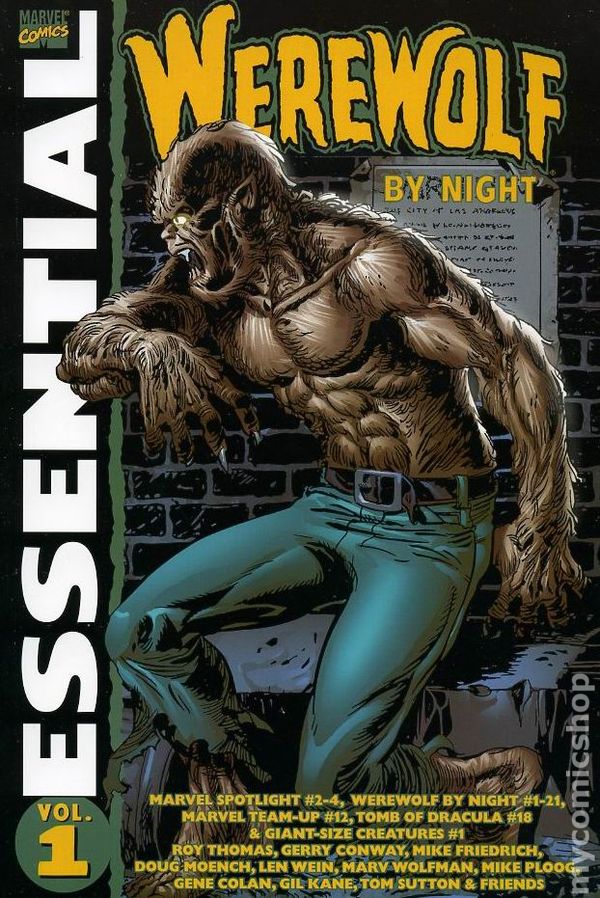
THE BEAT: I’m doing this interview for a comic book site called The Beat, and and you did have a bit of experience in comics when you did the “Wendigo” comic. Has that ever been anything you’ve wanted to go back and explore?
Fessenden: I love comic books. I’m actually not, you know, like a total comic nerd, but when I grew up, Marvel — which is now of course MARVEL — but in the day, they had all the best horror comics. They had Werewolf by Night, The Tomb of Dracula, The Monster of Frankenstein, and Mike Ploog was the artist a great deal. I mean, this was just my whole scene. In fact, I still draw on that artwork, and the sort of the expressiveness of Mike’s drawings. Whenever I’m directing, I always find myself doing a pose from Mike Ploog, so it’s so cool, the influences that you wouldn’t immediately associate with a filmmaker. It’s often something else unexpected.
THE BEAT: Have you ever thought of trying to meet with Kevin Feige or even Jason Blum, because a Werewolf by Night movie would be pretty amazing.
Fessenden: Dude, I’ve been trying to do that for 30 years. No, I met with Miramax back in the ‘90s and begged them to do Werewolf by Night, and they literally said, “We thought you were an Indie guy.” I was like, “No, I’m an indie guy, cause you guys won’t hire me.” I’ve been talking about it forever. If you actually Googled me and Werewolf by Night, you’d see that I’ve said it for years, like in weird interviews. That’s how much I would like to do it. But you know what? I just say, “Fuck it. I’ll do my own werewolf movie.”
THE BEAT: So you had written stuff or put together treatments or anything like that?
Fessenden: Of Werewolf by Night? Well, no I abandoned that. I’ll just make my own little movie. I don’t need Marvel.
THE BEAT: Sure, after doing a vampire and a Frankenstein movie in New York…
Fessenden: Oh, I’m gonna. But the thing is, and I say it freely… that’s my favorite version of the werewolf. You know the conversation about “Do you have the snout or not?” I liked the one … what’s his name? Jack [Russell] … I like Mike Ploog’s werewolf. Flat face, really physical and just an awesome physique, so that would be my vibe.
THE BEAT: It seems like a good time to do it, because horror is big, Marvel’s big….
Fessenden: No, no, I’m not going to use Marvel. No, they don’t want me. That’s fine, I’ll do it myself on my own.
THE BEAT: What else is going on with Glass Eye Pix?
Fessenden: Well, of course, we just put out The Ranger after all this, and then I’ve got two movies I’m trying to make this summer and then I’m gonna try to do something in the fall of my own. Maybe it’ll be a werewolf movie, I don’t know. But you know, everything takes longer than you’d like. I do have other scripts that I’m working on.
Depraved will be released by IFC Midnight on Friday, September 13. You can read more about Larry Fessenden from an interview done last year at New York Comic Con.



